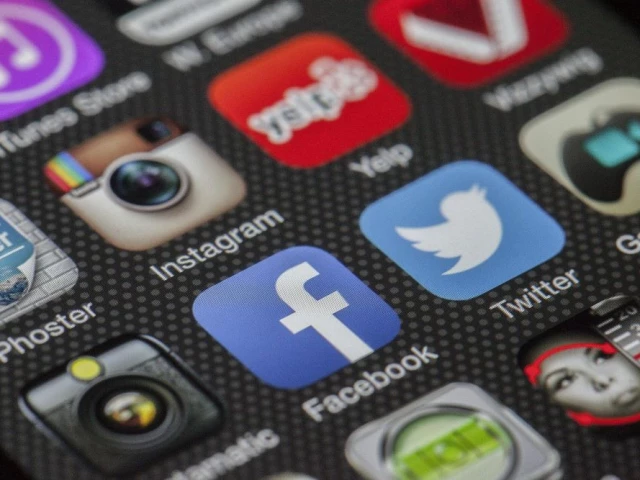Zuckerberg admits Facebook, Instagram use is declining amid FTC probe
Meta stopped sharing user stats; studies show TikTok leads with 108 mins/day vs. 63 on Facebook, 48 on Instagram

Meta CEO Mark Zuckerberg has admitted that users are spending significantly less time on Facebook and Instagram, as the social media giant faces scrutiny in an ongoing US antitrust case.
Testifying in federal court this week, Zuckerberg revealed that the time people spend on Meta’s flagship platforms has “gone down meaningfully,” noting that user interactions have increasingly shifted toward messaging apps. The admission marks a rare acknowledgment by Meta of declining engagement on its core platforms.
The testimony came during the US Federal Trade Commission’s (FTC) antitrust proceedings against Meta, in which the agency is challenging the company’s acquisitions of Instagram and WhatsApp. The FTC argues that Meta's purchases were strategically designed to eliminate competition, a charge Meta denies.
While much of the testimony reaffirmed previously known facts — such as Meta's failed attempts to acquire Snapchat and growing concern over TikTok’s dominance — Zuckerberg’s statement on engagement trends added new context to Meta’s current business challenges.
Meta had stopped sharing detailed user engagement statistics in recent years, after previously reporting in 2016 that users were spending over 50 minutes a day across Facebook, Instagram, and Messenger. However, external studies now suggest a substantial drop: TikTok users in the US reportedly average 108 minutes daily, compared to 63 minutes on Facebook and just 48 on Instagram.
Despite billions of global users, Meta’s platforms are reportedly struggling to maintain attention, even after heavy integration of AI-recommended content such as Reels. The contrast with TikTok, which continues to see rising engagement, has added pressure on Meta to rethink its strategies.
Zuckerberg also revealed that Meta once considered resetting users’ “social graphs” — the networks of connections built over time — to reignite interest and improve the relevance of interactions on Facebook. Although the idea was never implemented, Zuckerberg has recently spoken about returning to “OG Facebook,” possibly hinting at future experiments to recapture user engagement.
As the antitrust trial continues, observers note that the FTC may face difficulty proving Meta holds monopoly power, especially given the strength of its competitors in the social media and digital advertising space.






















COMMENTS
Comments are moderated and generally will be posted if they are on-topic and not abusive.
For more information, please see our Comments FAQ